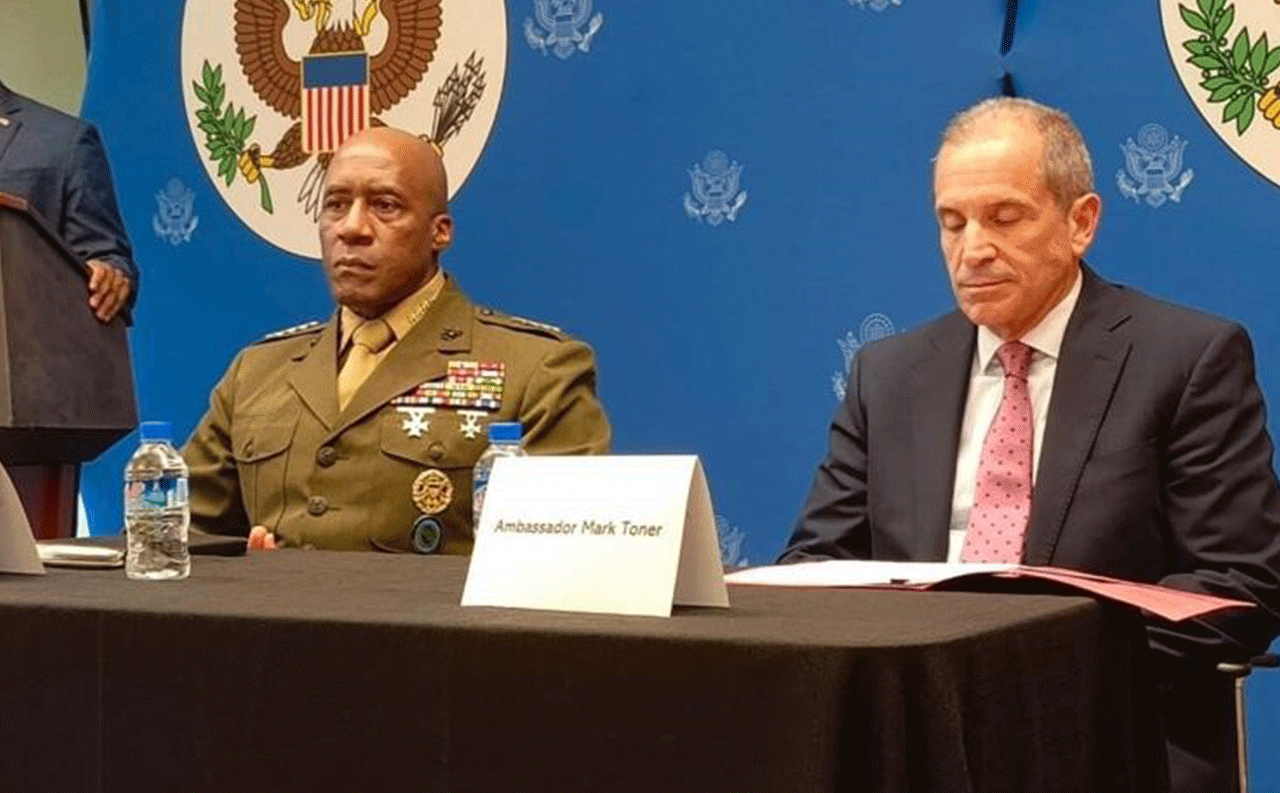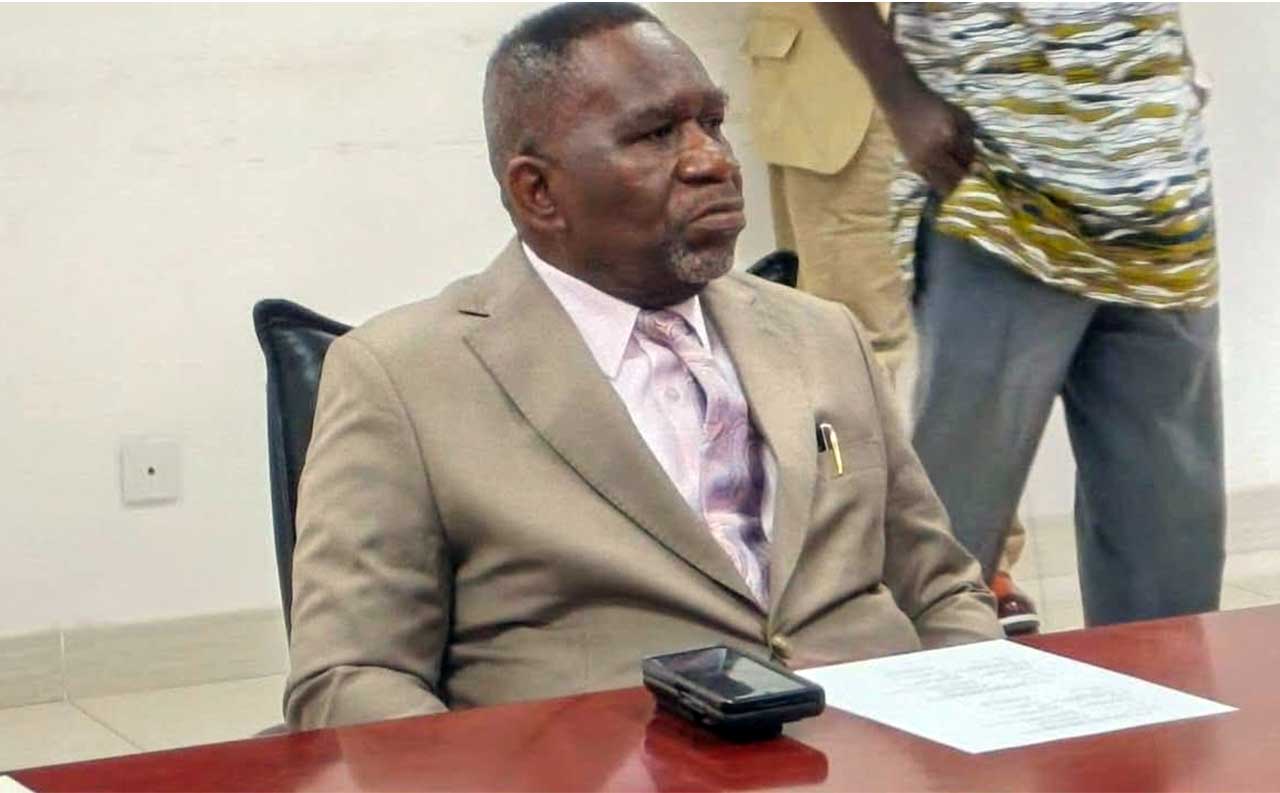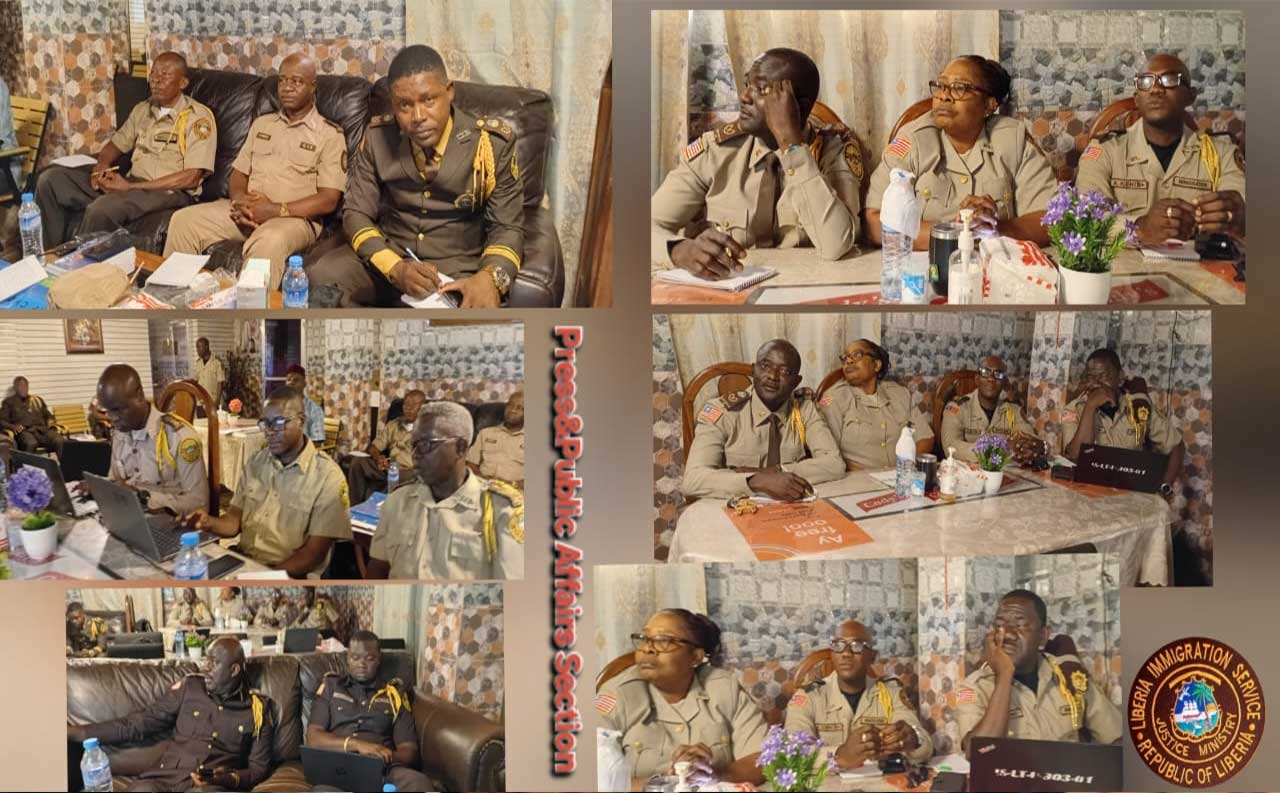The Commander of the United States Africa Command (AFRICOM), General Michael Langley, said the United States government is seeking to address Liberia’s complex security threats through sustained engagement and cooperative partnership between both nations.
Speaking at a press conference at the U.S. Embassy in Monrovia, Langley outlined the deepening military and diplomatic friendship between the two countries.
The U.S. general’s first time coming to Liberia was to discuss the broader regional security issues in context.
Langley emphasized it is important to implement a “whole government approach” in tackling security issues, whether related to military concerns or broader development challenges.
“We understand that security is not just about defense forces; it’s about building resilience across societies, strengthening governance, and addressing the root causes of instability,” said Langley.
He said the U.S. is committed to supporting Liberia in its efforts to strengthen security and governance structures, and the partnership shared between the two countries is vital not only for Liberia’s prosperity but also for regional stability.
General Langley’s visit to Liberia is aimed at advancing U.S. national security interests across Africa, focusing on strengthening shared security goals, addressing regional challenges, and supporting Liberia’s military contributions to international peacekeeping missions.
He said his visit is centered on exchanging ideas, identifying challenges, and most importantly, discussing the opportunities the two countries can pursue together to address the challenges.
The U.S. General’s visit was marked by high-level meetings with Liberia’s President, the Minister of Defense, and the Chief of Staff of the Armed Forces of Liberia (AFL).
Langley: “In my interactions with Liberia’s leaders, we have recognized the mutual opportunities for cooperation and the challenges we must address together. Whether it’s climate change, building resilience, or strengthening civil society, these are areas where our partnership can make a meaningful difference.”
The AFRICOM Commander commended the AFL’s crucial role in regional peacekeeping, particularly in the Sahel and other conflict-prone areas. The Armed Forces of Liberia, according to him, is well-known for its peacekeeping efforts, notably their contribution to stability in Mali.
“We want to learn from the AFL’s experiences, particularly how they have successfully carried out peacekeeping operations and the leadership that makes their forces so effective,” he said.
Langley’s visit came as a result of regional security threats growing particularly across West Africa, where terrorism, insurgency, and misinformation are exacerbating instability.
The AFRICOM General acknowledged the challenges, indicating that the U.S. and Liberia have seen destabilizing activities across the Sahel, Central Africa, and even as far as Libya; as such, naming the key driver of instability as the spread of misinformation and disinformation, which undermines governance and sows discord among populations.
He said a strong representative government is critical to countering these forces, and Liberia is an example of how democracy can withstand external pressures, while commending the successful democratic elections and its resilience against misinformation.
For his part, US Ambassador to Liberia Mark Toner stressed on the importance of the visit and the broader relationship between the U.S. and Liberia.
Amb. Toner said General Langley’s visit underscores the strong military partnership between the two nations and highlights the US’ commitment to supporting Liberia in its security efforts and its broader development agenda.
“The general’s meetings today with President Boakai, Minister of Defense, and other senior military leaders have been invaluable in reinforcing our partnership and gaining insight into the security challenges Liberia faces. These discussions help shape our continued engagement in the region and are an important part of our shared efforts to address both security and development challenges,” Toner said.
By T.Q. Lula Jaurey



